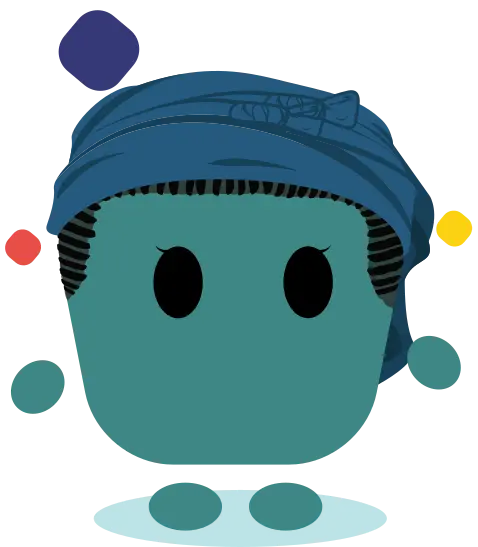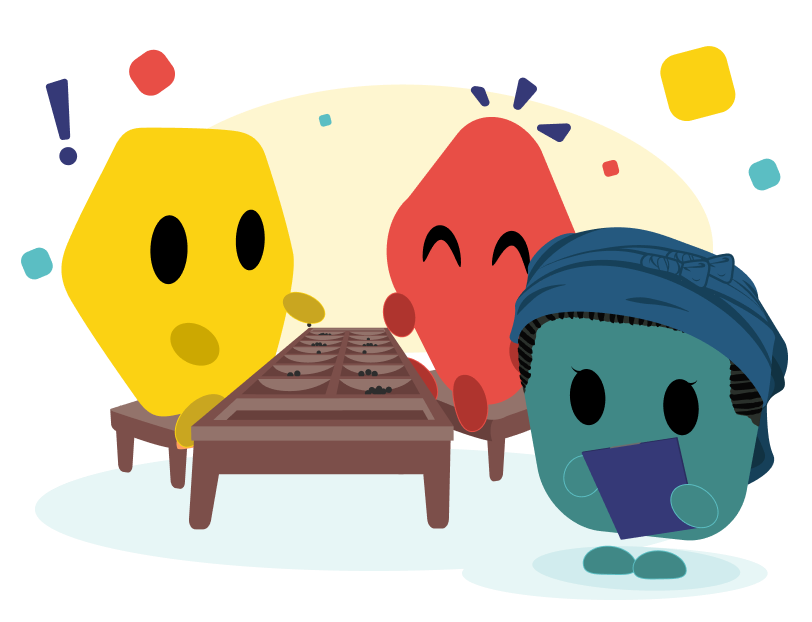- Project
- Completed
Cultural meaning of Songo board game in Cameroon

Rebecca Bayeck Doctor in Pedagogical Engineering and Comparative Education
Rebecca Bayeck holds a double PhD in Learning Design and Technology and Comparative international Education. She graduated from Penn State University in the USA. Her research is multidisciplinary, in education sciences, educational technology, literary study and game studies.
-
Project start date :
2020/11/02 -
Status :
Completed -
Research organization :
Schomburg Center for Research in Black Culture, Penn State University, USA -
Team :
Dr Sinfree Makoni (Penn State University)
In 2020, Game in Lab selected Dr Rebecca Bayeck’s research project on board games and intercultural communication as part of international call for projects. This research examines the facilitating role of a traditional African board game, Songo, in developing social cohesion and community identity among different cultures in Cameroon.
Project overview
Recent archaeological studies show that board games facilitate social interactions between human groups, crossing cultural, state and linguistic boundaries. While archaeological evidence supports this idea, contemporary evidence remains anecdotal. This research project aims to study the role of board games in Cameroon, a country with more than 250 cultures and linguistic units. More specifically, it studies the importance of Songo as a traditional African board game promoting intercultural communication, the construction of community identities and maintaining social cohesion in urban areas.

Methodology
An ethnographic case study was conducted using a qualitative research method. A combination of ethnographic techniques (observations, interviews and video recordings) was used with three groups of regular Songo players from different neighborhoods of Cameroon’s capital city Yaoundé.
Outcomes
The collaborative cultural context, namely how players cooperate in a competitive game is an important observation of this project. Players engage in informal and collaborative problem solving, also including the game’s spectators, so that the entire group learns and improves. In this way, Songo becomes a space for mutual assistance and community sharing.
